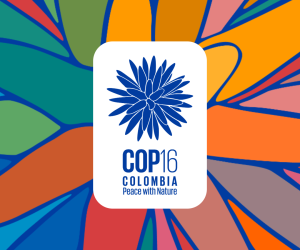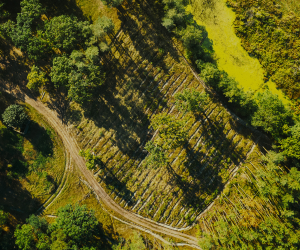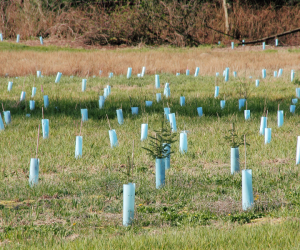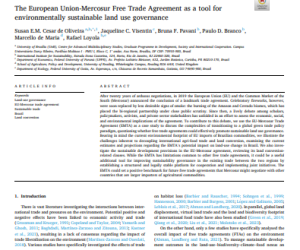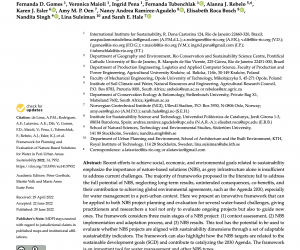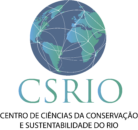Publications > Book
NATWiP Handbook – A handbook for practitioners to promote and inspire implementation of nature-based solutions in peri-urban areas
In the NATWiP Handbook, the reader is introduced to an innovative framework developed through transdisciplinary processes to ensure that sustainable development goals are explicitly considered in water-related nature-based solutions designs. The new framework considers all three phases of nature-based solutions: the socio-spatial context assessment (research and planning phase), implementation processes (implementation phase), and the evaluation of results, unintended consequences, and co-benefits (monitoring and evaluation phase).
The framework includes a set of adaptable indicators for each sustainability dimension (environmental, social, and economic) for each of the phases. This means that even though the NATWiP Framework focuses primarily on peri-urban areas and water-related nature-based solutions, it can be applied more broadly. Users may consider applying the framework as a tool to evaluate ongoing projects and to guide new ones, across different countries, landscapes, and contexts.
The handbook provides a brief overview of concepts in Chapter 1, with a description in Chapter 2 of the methodological framework. Chapter 3 offers step-by-step instructions on how to apply the NATWiP Framework. Chapter 4 illustrates how to apply this framework, through a series of case studies gathered from across the world. Finally, in Chapter 5 main lessons learned from the case studies are drawn together and seven principles of best practice for nature-based solutions – aiming to be sustainable – are proposed. The handbook concludes with Chapter 6.
Book developed in the context of the project “Nature-Based Solutions for Water Management in the Periurban”, covered by the so-called Water JPI 2018 Joint Call on “Closing the Water Cycle Gap – Sustainable Management of Water Resources”.


